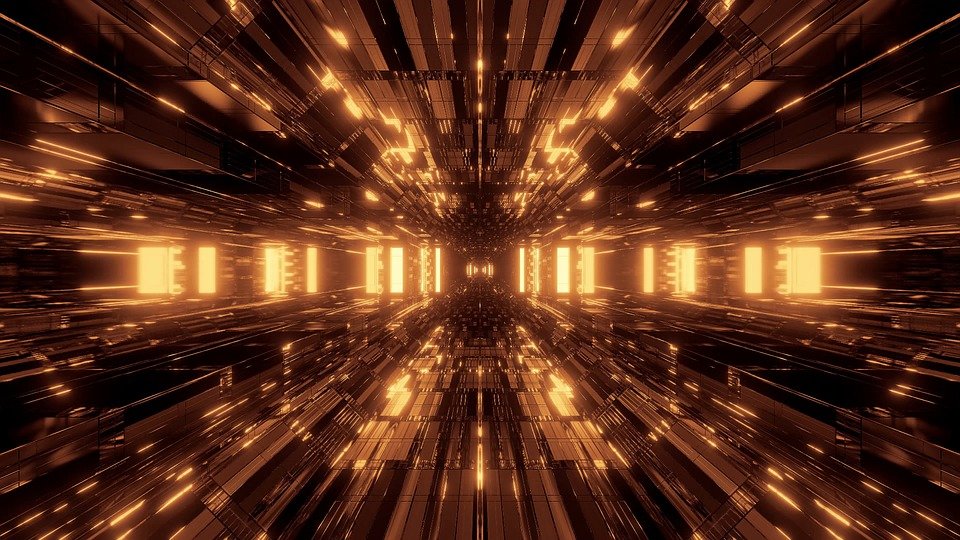Unveiling the Future of AI: How artificial intelligence Will Reshape the World
Introduction
Artificial Intelligence (AI) has been a buzzword for quite some time now. It refers to the development of computer systems capable of performing tasks that would typically require human intelligence. From self-driving cars to virtual assistants, AI has already made its way into our daily lives. However, the potential of AI goes far beyond what we currently experience. In this article, we will explore the future of AI and how it will reshape the world as we know it.
The Evolution of AI
AI has come a long way since its inception. Initially, AI systems were constrained by limited computing power and data availability. However, with the exponential growth of technology, AI has flourished. Machine learning algorithms have become more sophisticated, enabling AI systems to learn from vast amounts of data and improve their performance over time. This evolution has paved the way for AI to tackle complex problems and tasks.
AI in Various Industries
AI is already making significant contributions across various industries. In healthcare, AI-powered systems can help in early disease detection, personalized medicine, and drug discovery. In finance, AI algorithms can analyze market trends and predict stock prices more accurately. AI is also revolutionizing transportation, agriculture, manufacturing, and many other sectors. The integration of AI into these industries is leading to increased efficiency, productivity, and innovation.
The Impact of AI on the Workforce
One of the concerns surrounding AI is its potential impact on jobs. While AI will undoubtedly automate certain tasks, it will also create new job opportunities. Repetitive and mundane tasks can be handled by AI systems, allowing humans to focus on more creative and complex endeavors. However, to adapt to this changing landscape, individuals will need to acquire new skills and embrace lifelong learning. Governments and organizations must also play a role in ensuring a smooth transition for the workforce.
AI Ethics and Responsibility
As AI becomes more powerful, questions about its ethics and responsibility arise. Issues like bias in AI algorithms, privacy concerns, and the potential misuse of AI must be addressed. It is crucial to ensure that AI systems are developed ethically and with the best interests of society in mind. Transparency, accountability, and regulation are essential to prevent any negative consequences and ensure that AI is used for the benefit of humanity.
FAQs
Q: What is Artificial Intelligence?
A: Artificial Intelligence refers to the development of computer systems capable of performing tasks that would typically require human intelligence.
Q: How is AI currently being used?
A: AI is currently being used in various industries, including healthcare, finance, transportation, and manufacturing. It is used for tasks such as disease detection, stock market analysis, autonomous vehicles, and process automation.
Q: Will AI replace human jobs?
A: While AI will automate certain tasks, it will also create new job opportunities. Humans will still be needed to handle complex and creative endeavors. However, individuals will need to acquire new skills to adapt to the changing job landscape.
Q: What are the ethical considerations surrounding AI?
A: Ethical considerations in AI include issues like bias in algorithms, privacy concerns, and potential misuse. It is crucial to develop AI systems ethically, with transparency, accountability, and regulation, to ensure that AI is used for the benefit of society.
Conclusion
The future of AI is incredibly promising. From transforming industries to revolutionizing the workforce, AI will reshape the world in ways we cannot fully comprehend yet. However, it is crucial to navigate this technological advancement responsibly, addressing ethical concerns and ensuring that AI serves the best interests of humanity. With the right approach, AI has the potential to bring about unprecedented progress and improve the quality of our lives.

